Understanding your business, making a sound plan, and getting stuff done.
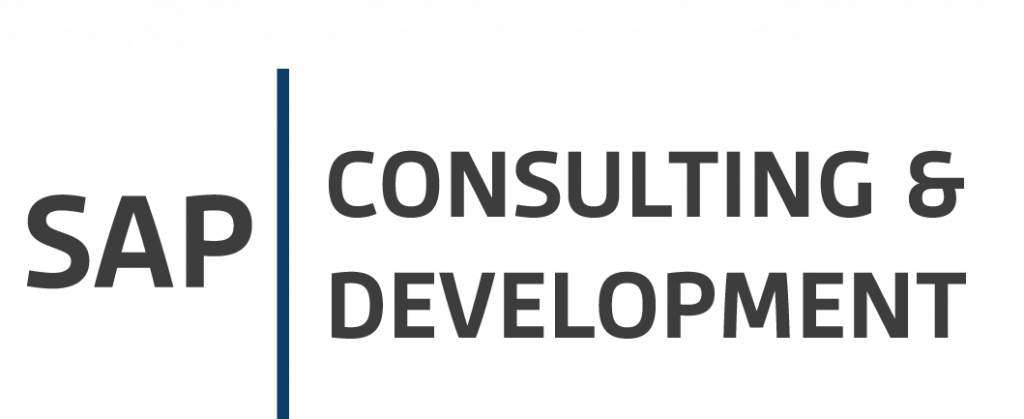
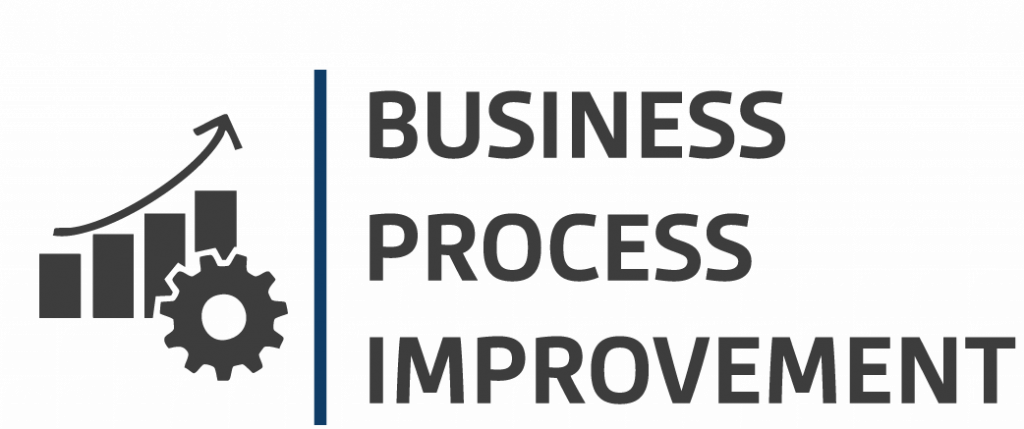
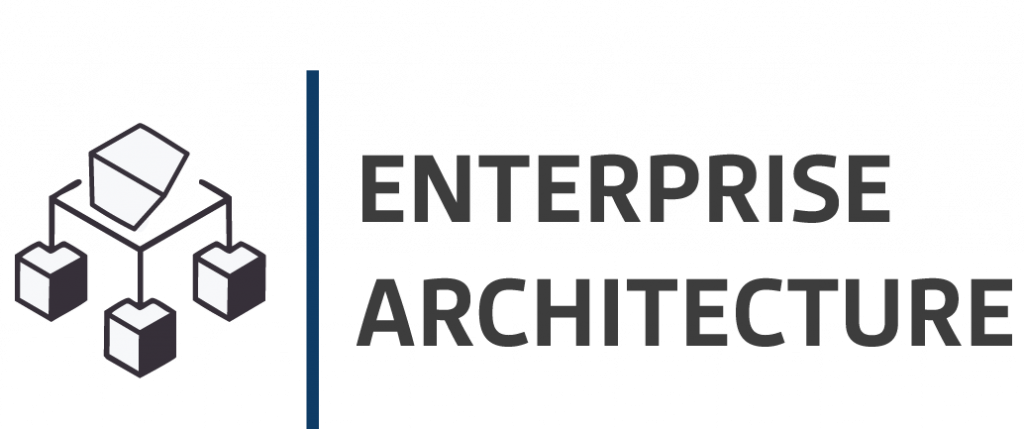
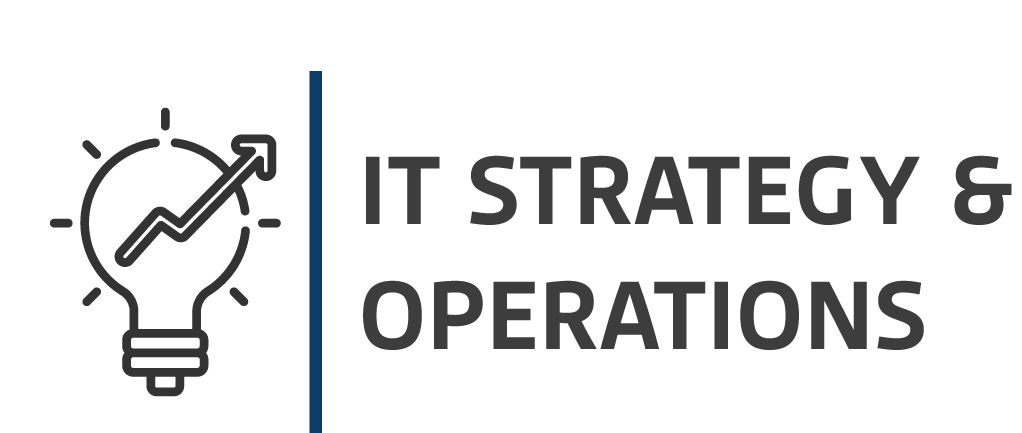
Embra Consulting is an Edinburgh based IT consultancy working with clients mainly across Germany, the UK, and Switzerland.
Our mission is to deliver expert consulting that aligns technology with your business goals in a practical, results-oriented way.
We offer tailored support, ranging from SAP consulting and development to enterprise architecture and strategic planning.
Business Process Improvement
IT Strategy & Operations
One of our key specialisations is SAP Condition Contract Management (CCM), the strategic solution within SAP S/4HANA for managing bonus and rebate agreements, as well as various other types of subsequent compensation.
Embra Consulting is led by founder David Schulte, a proficient consultant with extensive project experience across various industries. He has successfully collaborated with clients ranging from small and medium-sized businesses to multinational corporations that are leaders in their markets. Adopting a generalist approach, David strives to provide clients with holistic solutions that address their unique challenges and always seeks to analyze the issue at hand within its broader context.
Embra Consulting is led by founder David Schulte, a proficient consultant with extensive project experience across various industries. He has successfully collaborated with clients ranging from small and medium-sized businesses to multinational corporations that are leaders in their markets. Adopting a generalist approach, David strives to provide clients with holistic solutions that address their unique challenges and always seeks to analyze the issue at hand within its broader context.
When initiating an IT project, regardless of its scale – whether a minor requirement or a major undertaking – it is beneficial to take time to gain perspective on the overarching context.
While it may not be necessary to reassess your entire IT strategy for every minor enhancement of the SAP system aimed at addressing a new or modified business process, it remains essential to grasp the business drivers behind this request. Understanding potential interdependencies with other business processes, as well as the technical implications of the enhancement, is crucial.
In scenarios such as migrating from SAP ECC to S/4HANA, it is vital to ensure that this initiative aligns closely with your overall IT strategy. This includes evaluating its impact on your Enterprise Architecture and assessing the associated opportunities and risks for the whole organization. Prioritising a thorough examination of the broader context is essential. Immediately delving into the specifics of current business processes and technical details of your SAP solution would be a mistake.
This perspective is the cornerstone of our consulting philosophy, and we offer a suite of interdependent services designed to foster this big-picture thinking.
With a network of trusted experts, we bring the right skills and insights to every project.
At Embra Consulting, we are here to help your business succeed in a rapidly changing digital world.
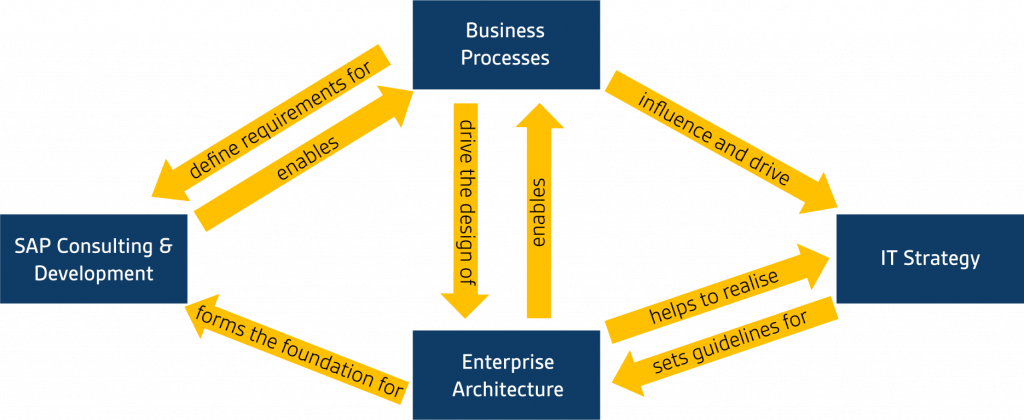
Customising the SAP system – whether SAP ECC or SAP S/4HANA – and drafting development specifications are typically regarded as the responsibilities of SAP Consultants or SAP Functional Consultants. Meanwhile, any coding tasks, such as ABAP or FIORI development, are assigned to SAP Developers.
We believe it is beneficial to have a good understading of both. Our experience indicates that developers who are engaged with the broader context of their tasks and are concerned with optimising the underlying processes tend to achieve superior outcomes.
Similarly, Functional Consultants with a solid understanding of software development can effectively guide discussions and ideas early in the process, facilitating a more efficient implementation journey from requirements analysis to realisation.
SAP Consulting and Development is at the core of our operations. We are pleased to offer your organisation consulting and development services across a range of SAP modules and solutions. Our primary focus, however, is on SAP SD and MM as well as SAP Condition Contract Management (CCM).
SAP Consulting and Business Process Improvement are intrinsically linked, representing two sides of the same coin. Each process or functionality implemented within an SAP system exists solely to realise the underlying business process. The adoption of new or improved business processes necessitates corresponding changes to the SAP system, while conversely technological advancements or smart developments can enable the optimisation of existing processes.
In addition to the distinct roles of SAP Functional Consultants and SAP Developers, the role of the Business Analyst is commonly found, focusing more on the business process aspect rather than technical implementation.
Consequently, when a business process is supported by any form of development, there are two additional layers of communication between the business stakeholders and those responsible for implementing the solution within the SAP system.
In larger, traditionally structured organisations, it is common for business stakeholders to communicate solely with the Business Analyst. The Business Analyst then liaises with the Functional Consultant, who, in turn, communicates with the Developer. Ultimately, the Developer often reaches out informally to the business stakeholders to clarify their actual needs.
No need to elaborate on the advantages of having a skilled consultant who can integrate those roles into a single position…
Considering business processes from a high-level perspective, rather than at a detailed level (or shifting from a business process view to a business capability view), naturally leads to the evaluation of your enterprise architecture – or more specifically, in an SAP-centric technological context, your SAP enterprise architecture.
The linkage between business architecture (high-level business processes and/or business capabilities) and solution architecture (solution components and integration, solution capabilities) – often referred to as Business-IT Alignment – is what organisations seek, serving as the primary objective of enterprise architecture.
Therefore, whenever you are considering significant IT initiatives – whether they stem from a business change project or are initially technology-driven, such as a migration to S/4HANA – comprehensive SAP consulting inherently involves evaluating and possibly adjusting your SAP enterprise architecture.
Approaching this with a sound understanding of and enthusiasm for the details of the final implementation and the associated business processes significantly enhances the likelihood that an SAP enterprise architecture initiative will positively influence daily operations, rather than merely resulting in a collection of PowerPoint presentations that never materialize.
Why are the people in your IT department doing what they are doing? What are the long-term objectives of your IT initiatives and daily operations?
If you have a clear answer that goes beyond merely „keeping the lights on,“ it is likely that your organisation has developed an IT strategy.
So, what exactly is an IT strategy, and why is it important to have one?
In simple terms, an IT strategy comprises a set of IT-related objectives along with a plan to achieve them. Without a plan, your objectives remain aspirations rather than strategy.
Your IT department exists not for its own sake, but to enable and support the business. Consequently, the purpose or the IT strategy is to support the business strategy. If your organisation lacks a defined business strategy to which the IT strategy can be aligned, you cannot formulate a viable IT strategy.
The IT strategy is closely connected to the Enterprise Architecture, as both aim to align IT with business objectives. The Enterprise Architecture serves as the framework for implementing the IT strategy.
Only when an IT strategy is defined is it possible to create a meaningful target enterprise architecture.
We adopt a no-bullshit approach to strategy development:
IT Strategy and IT Operations are frequently discussed in tandem. While these two concepts represent opposite ends of your IT efforts – strategy typically spanning several years and operations encompassing daily activities – they are, in our view, inherently linked. Operations encompass all the activities carried out by your IT department; if your strategy does not provide purpose to and is realized by these operations, it is worthless.
CONTACT
CONTACT